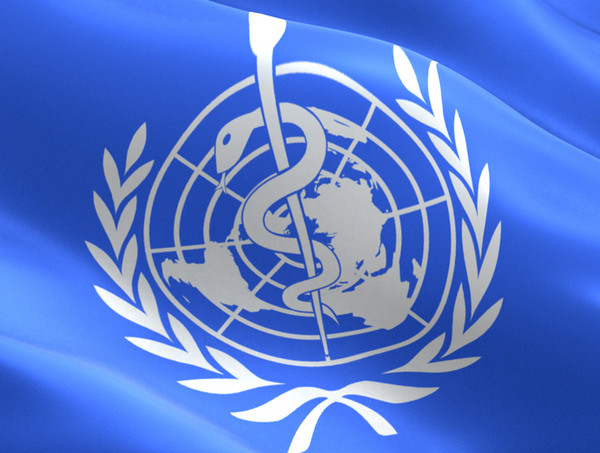The World Health Organisation (WHO) have published a new guidance and technical packages on community mental health services

On the 10th of June, the World Health Organisation published a guidance on community mental health services: Promoting person-centred and rights-based approaches.
The objectives of this guidance are:
- To inform people responsible for the provision of mental health care at all levels ̶ as well as a broader audience that includes government departments responsible for employment, housing and social care, academics and civil society organizations ̶ of the benefits of community mental health services that are respectful of human rights and focused on recovery.
- To demonstrate that it is possible to develop person-centred and rights-based services that lead to good health outcomes.
- To inspire those responsible for the provision of mental health care to take action to develop/scale-up community mental health services using a rights-based approach and to clearly explain how to go about this.
- To serve as a resource for people who are advocates for the type of services presented in the guidance.
The guidance includes:
- An overview of the principles of person-centred mental health services that are respectful of human rights and focused on recovery.
- Examples of community-based mental health services that are following good practices from countries around the world. Each example includes information about financing and the results of evaluations of the services.
- Description of the linkages needed with the housing, education, employment and social protection sectors to ensure that people with mental health conditions can continue to live fulfilling and productive lives.
- Examples of networks of mental health services.
- Explanation of the steps that need be taken to develop community mental health services that are respectful of peoples’ human rights and are focused on recovery, including on: policy and strategy development, law reform, financing, workforce development and training, treatment considerations, information systems and data collection, civil society participation and research.
- A comprehensive overview and technical packages on each of the following: crisis services, hospital-based services, community mental health centres, peer-support services, community outreach services, supported living services and mental health service networks.
Rationale
- Human rights violations in mental health-care services are still far too common in countries of all income levels. Examples include forced admission and forced treatment; manual, physical and chemical restraint; physical, verbal, psychological and sexual abuse; and unsanitary living conditions.
- The provision of mental health care is often restricted to the provision of drugs alone without other treatment and support options, such as talking and behavioural therapies, being considered or offered.
- In order to provide people with mental health conditions the opportunity to live a full life in the community, services should facilitate access to housing, education, employment and social protection.
- Cost comparisons indicate that community-based services following a rights-based approach can be provided at the same or lower cost than mainstream mental health services and in some cases have better outcomes.
What is needed?
- Legal and policy frameworks at the national level, the foundation of mental health services that are respectful of human rights.
- Political commitment to and an increase in funding for developing/scaling up community mental health services that are respectful of human rights.
- Community-based mental health services that:
- do not use coercive practices such as seclusion and restraint;
- do not accept any form of physical, verbal, psychological or sexual abuse;
- respect people’s choices and decisions about their treatment, care and support; and
- provide directly or facilitate access to support with housing, education, professional opportunities, and relationships with family members.
- Inclusion of the foundations and specifics of community mental health services following a rights-based approach into undergraduate and post-graduate curricula of relevant disciplines.
- Initial training and follow-up supervision provided to all staff involved in providing care to people with mental health conditions.
- Collection of data at national and service levels on treatment outcomes of people receiving care from community-based mental health services using a rights-based approach.
- Increased funding for research relating to community-based mental health services using a rights-based approach.
- Engagement of organizations of people with mental health conditions and psychosocial disabilities as advisors on policy, planning, legislation and service development.
- Collaboration with the media on responsible reporting of mental health issues to prevent stereotypes and discrimination.
Read the full guidance here
You may watch the launch event here

